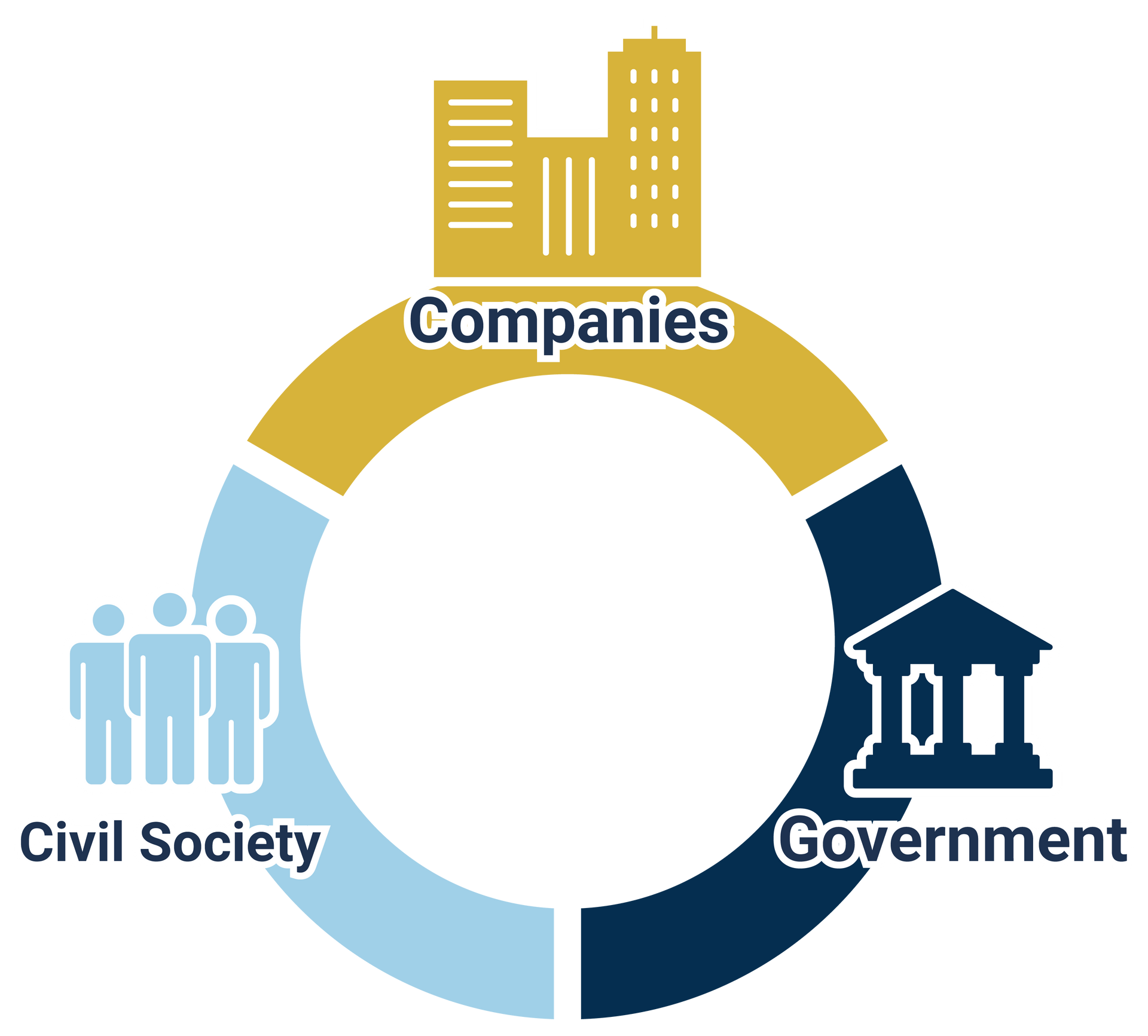'' The battle against corruption is enormous and ongoing. It requires targeted, sustained and Collective Action.''
Sanda Ojiambo
Assistant Secretary-General
CEO & Executive Director of the UN Global Compact

What is corruption ?
Corruption can take many forms that vary in degree from the minor use of influence to institutionalized bribery.
The United Nations Convention against Corruption (UNCAC) refrains from providing a single definition of corruption. Instead, it focuses on identifying specific acts of corruption that should be established as criminal offences by every State adhering to the Convention. This approach is a response to the inherent difficulty of determining a comprehensive definition of corruption due to its diverse manifestations at the national, regional and global levels.
Transparency International's definition of corruption is "the abuse of entrusted power for private gain. It includes bribery and embezzlement, trading in influence, abuse of functions, money laundering, and more". This can mean not only financial gain but also non-financial advantages.
The OECD Guidelines for Multinational Enterprises define extortion in the following way: "The solicitation of bribes is the act of asking or enticing another to commit bribery. It becomes extortion when this demand is accompanied by threats that endanger the personal integrity or the life of the private actors involved."
Transparency International's Business Principles for Countering Bribery define bribery in the following way: "Bribery: An offer or receipt of any gift, loan, fee, reward or other advantage to or from any person as an inducement to do something which is dishonest, illegal or a breach of trust, in the conduct of the enterprise's business."
What is Collective Action?
When the power of one individual company is not enough to change or influence the status quo, frequently the best available alternative is to join forces with other companies and start collaborating through the power of Collective Action.
As defined by the World Bank Institute in 2008, Collective Action is a collaborative and sustained process of cooperation between stakeholders. It multiplies the impact and credibility of individual action, brings vulnerable individual players into an alliance of like-minded organizations and levels the playing field among competitors. Collective Action can complement, temporarily substitute for and strengthen weak local laws and anti-corruption practices.
What are the Benefits of Collective Action?
Engaging in Collective Action initiatives brings benefits to participants and their surrounding organizations.
Among its benefits, Collective Action can do the following:
- Allow companies to create a stable and enabling business environment, helping ensure fair competition by leveling the playing field for all stakeholders.
- Create solutions that are sustainable and perceived as credible.
- Allow companies to consolidate knowledge and resources to achieve greater impact.
What are the main types of Collective Action initiatives?
Anti-corruption declaration
- Principles bind signatories to not engage in corruption during project
- Public commitment leads to enforcement “by honor” and peer pressure
Integrity pact
- Formal written contract between public entitites, an independant monitor (CS0) and bidding companies
- Independant mechanism to monitor compliance and issue recommendations, during certain stages of hte contracting cycle
- Accountability-driven communication strategy, including the publication of a monitoring report.
Principle-based initiative
- Principles bind signatories to not engage in corruption in their daily business
- Public commitment leads to enforcement "by honour"
- Initiative can advocate for anti-corruption with government
Certifying business coalition
- Compliance-related pre-requisites for membership
- Adoption of membership requirements checked by external audits
- Members get certified or will be excluded
Education and Training
Education and training can be conducted as part of Collective
Action, and are critical to raising awareness and building capacity to fight corruption.
What does the UN Global Compact do?
Supported by funding from the
Siemens Integrity Initiative, the UN Global Compact engages in multi-year projects through partnerships with diverse organizations, including Global Compact Country Networks. Our efforts aim to increase business integrity, enhance transparency and bring the private sector, Governments and civil society together to collectively advance the anti-corruption agenda and contribute to the achievement of the UN Sustainable Development Goals – specifically SDG 16 and Target 16.5 on fighting corruption.
Siemens Integrity Initiative Funding Rounds
First Funding Round
(2010 - 2015)
Promoting Collective Action through Global Compact Country Networks
Sensitizing Future Business Leaders: Developing Anti-Corruption Guidelines for Curriculum Change
Countries involved:


